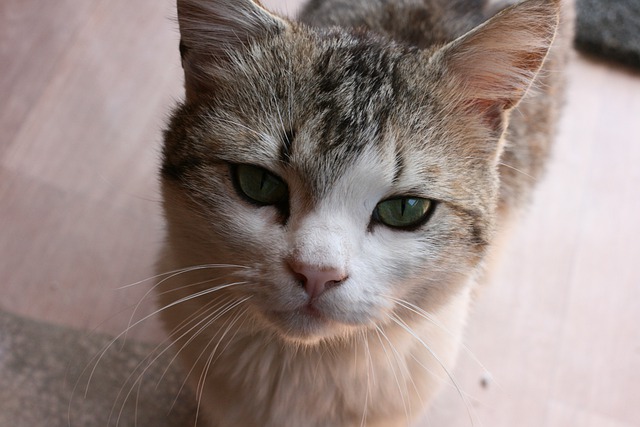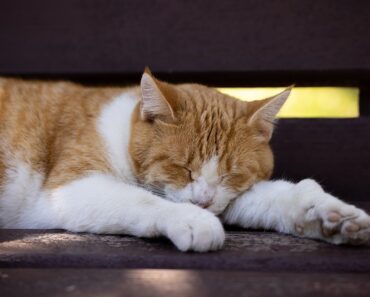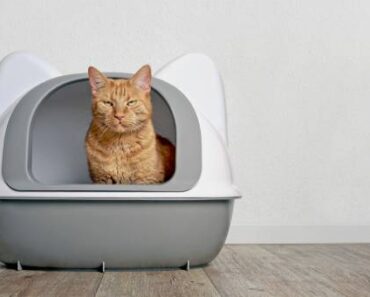The cat is a clever and very intelligent pet. It often needs special affection and care to live with humans. To take care of your cat, you need to have some time to spend with it. Otherwise, you may not be able to monitor its condition and abnormal ailments or behaviors may develop, such as excessive meowing. Meowing is a natural sound made by the cat, allowing him to communicate with his peers as well as with his owner. It allows him to attract attention when he needs to express himself.

What causes excessive meowing?
There are many causes of meowing in cats. In a female cat, it’s often after giving birth to kittens or when she’s in heat that she meows. Beyond that, for a cat that meows all the time, there are multiple factors. These factors include: breed, hunger, stress, lack of cuddles, etc.
The breed of the animal
In and of itself, it is true that this element is not a problem; however, it can also be important. The breed of cat is one of the factors that can explain a more regular meowing than average. Some breeds meow much more than others. Examples include Siamese and Asian cats, which are very talkative. If your cat meows, he wants to tell you something! Due to certain natural dispositions, they meow much more often than species such as the Maine Coon, the Savannah or the Oriental.
Hunger and thirst, or lack of play
Cats often meow when they need something. Meowing is a way for them to express their needs. When she’s hungry or thirsty, when she wants to go outside or when she wants to be cuddled, meowing is the best way to express it. The daily dose of food you give your feline may not be enough at a certain point, he may need more. He will continue to meow frequently until you realize his need. Note that the cat should be fed according to its size and weight. As your cat grows, you will need to increase the amount of food she receives.
Meowing in pain
Sometimes, when a cat meows all the time, it’s a normal phenomenon, as in the case of a newly adopted kitten. If the kitten is not yet accustomed to its environment, it will meow to express its desperation or to express the fact that it misses its other companions. Also, when separated from its mother, a recurring meow may be quite normal. This usually lasts for the first few days after the change of environment.
In the adult cat, however, you have to be very careful; he does not meow excessively without reason, and that reason may be clinical. When he starts to do this, you must check if he has pain in any part of his body. The best way to do this is to feel all areas of the body and watch for any reaction. If your cat has any complaints, you should take him to the veterinarian.
Some diseases in cats can manifest themselves by pain. The cat will then meow to express it. You must therefore be attentive to all your pet’s reactions.
Stress
Fear or stress can be a cause of meowing in cats. Depending on the situation, the tone of voice may change. He may meow low or loudly to express stress. The cause of the stress should be investigated to avoid exaggerated meowing.
What precautions can be taken to prevent excessive meowing in cats?
To prevent your cat from meowing all the time, the steps to take are not embarrassing. The first step, of course, is to identify the cause. Depending on what you find, the following non-exhaustive solutions may be appropriate:
- To prevent your cat from meowing too much, change his food dosage. Feed him in proportion to his weight and size. If your cat still meows, change the food. Her body may be craving other foods.
- If a kitten you’ve just adopted meows regularly, chances are it’s because she wants to see her mother or brothers. It’s a good idea to leave your kitten with her mother from time to time, until she’s about 3 months old, before you take her away permanently.
- Don’t leave your cat alone for long periods of time. This can cause fear, anxiety and stress.
- For any other cause that is beyond your control, take your cat to the veterinarian.






